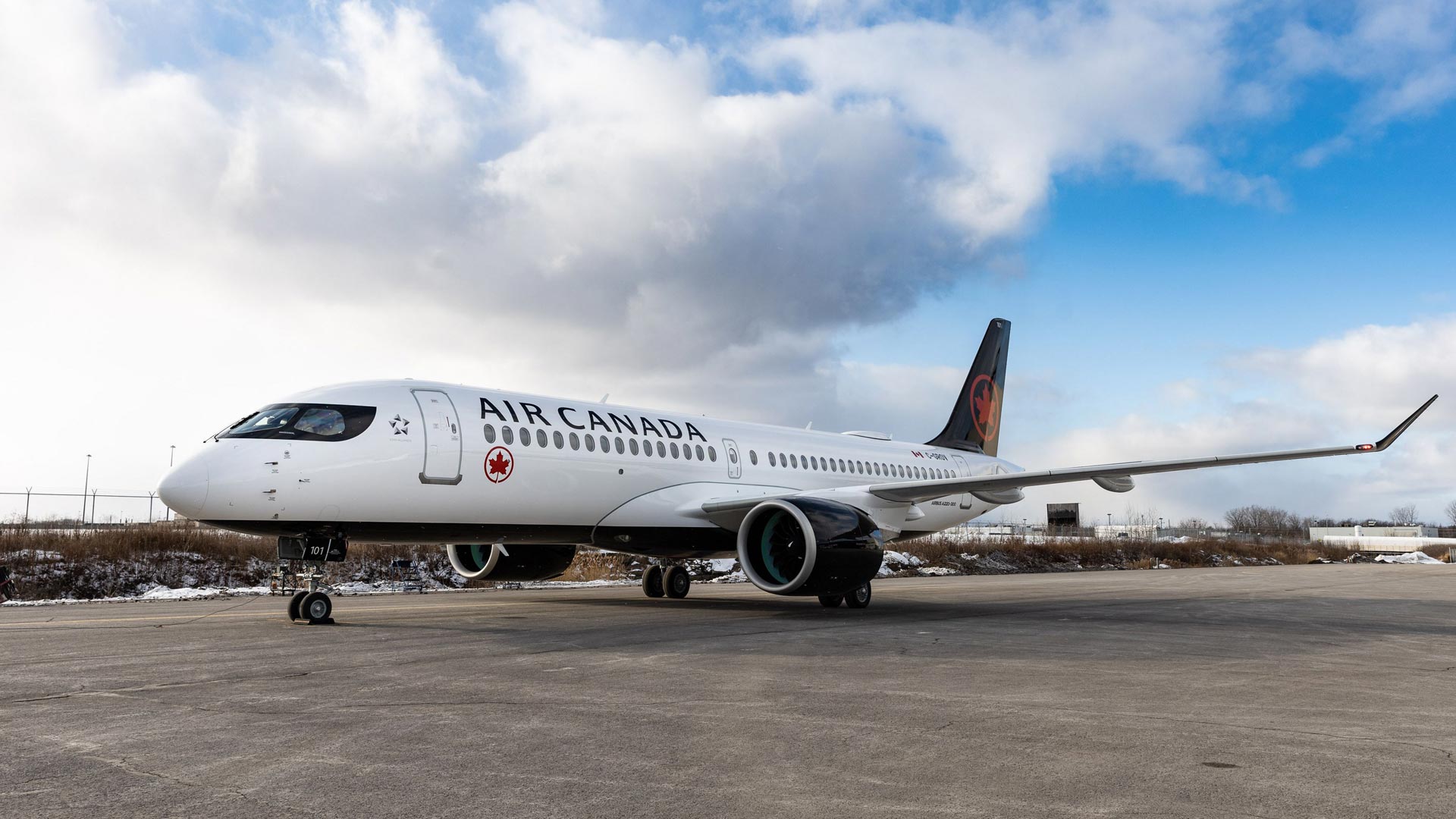Air Canada posted record operating revenues of C$5.4bn ($3.9bn) for the fourth quarter of 2024, up 4% compared to a year prior. The company said its 2% capacity growth boosted its revenues for the period.
The airline’s operating expenses for the three-month period totalled C$5.6bn ($4.1bn), an increase of 11%. The airline attributed this increase to a C$490 million ($358.5 million) one-time charge during the quarter for pension plan amendments linked to the new collective agreement with the Air Line Pilots Association (ALPA). The company added that higher maintenance and labour costs had contributed to the increase.
During the company's fourth quarter earnings call, Air Canada executive vice president, revenue & network planning and president, cargo Mark Galardo said the airline is “proactively acting” in certain US markets, with it reducing capacity in destinations such as Florida, Vegas and Arizona from March this year.
“We are anticipating proactively that there could be a slowdown,” said Galardo. “We don't see it right now. In our near-term bookings to the U.S., we don't see any major slowdown or anything substantial that would change our view of the market. That being said, if we can derisk this a little bit, and move – and be a bit proactive and move capacity into other sectors, we see strength.”
He later added in the call: “It’s still premature to discuss the potential impact, if any, of actual or potential regulatory tariffs or possible retaliations. We’re diligently and continuously monitoring customer behaviour and market dynamics.”
Galardo said the company has “ample flexibility” to shift capacity around if needed.
In addition to potential tariff pressures, the company said there was some pressure from currency exchange. The airline assumes the Canadian dollar will average C$1.40 ($1) per US dollar and that the price of jet fuel will average C$0.95 ($ 0.69) per litre throughout the year.
The airline recorded an adjusted EBITDA of C$696 million ($508.5 million), with an adjusted EBITDA margin of 12.9%, improving by C$175 million ($128.5 million) and 2.8 percentage points, respectively.
Air Canada’s full-year operating income was C$1.2bn ($872 million), with an operating margin of 5.7%, decreasing by C$1bn ($740 million) and 4.7 percentage points, respectively.
For the full year, Air Canada posted operating revenue of C$22.2bn ($16.3bn), increasing by C$422 million ($312 million), or 2%, on an operated capacity growth of 5% in comparison to 2023. This capacity growth was in line with expectations announced by Air Canada in December 2024.
Operating expenses were C$20.9bn ($15.4bn), increasing by C$1.4bn ($1.04bn), or 7%. This increase was largely due to higher costs in most line items due to capacity growth, higher labour, maintenance and IT expenses, and the one-time C$490 million ($358.5 million) charge recorded in the fourth quarter of 2024, the airline stated.
Adjusted EBITDA totalled C$3.5bn ($2.6bn), with an adjusted EBITDA margin of 16.1%. This is a decrease of C$396 million ($292.5 million) and 2.1 percentage points, respectively, somewhat above the expected adjusted EBITDA of approximately C$3.5bn ($2.6bn) recorded in December 2024.
"2024 allowed us to demonstrate the wide-ranging strengths and adaptability of Air Canada,” said Michael Rousseau, president and chief executive officer of Air Canada.
“We adapted to market conditions and nimbly adjusted our network during the year. We were pleased to achieve a new contract with our pilots with limited disruption.”
For the full year 2025, Air Canada expects adjusted EBITDA to range between C$3.4bn ($ 2.5bn) and C$3.8bn ($2.8bn). It forecasts a 3-5% increase in ASM capacity compared to 2024, while adjusted CASM is projected to be between 14.25¢ and 14.50¢. Air Canada anticipates free cash flow to break even, with a fluctuation of C$200 million ($148 million). In making these projections, the airline has factored in moderate Canadian GDP growth for 2025.

